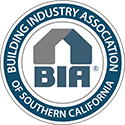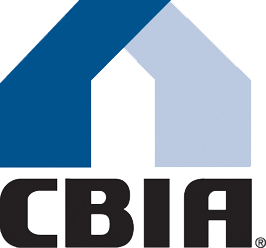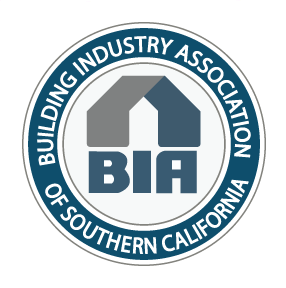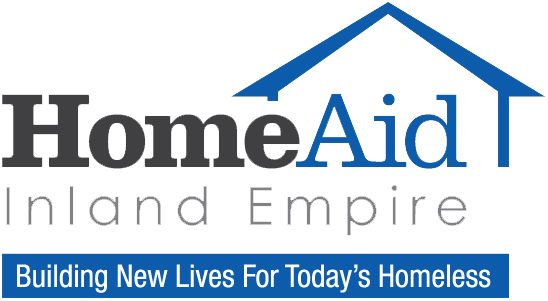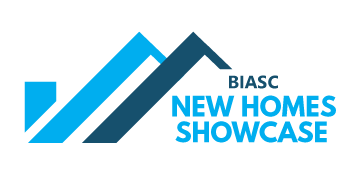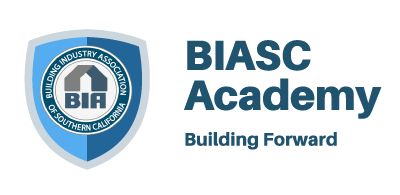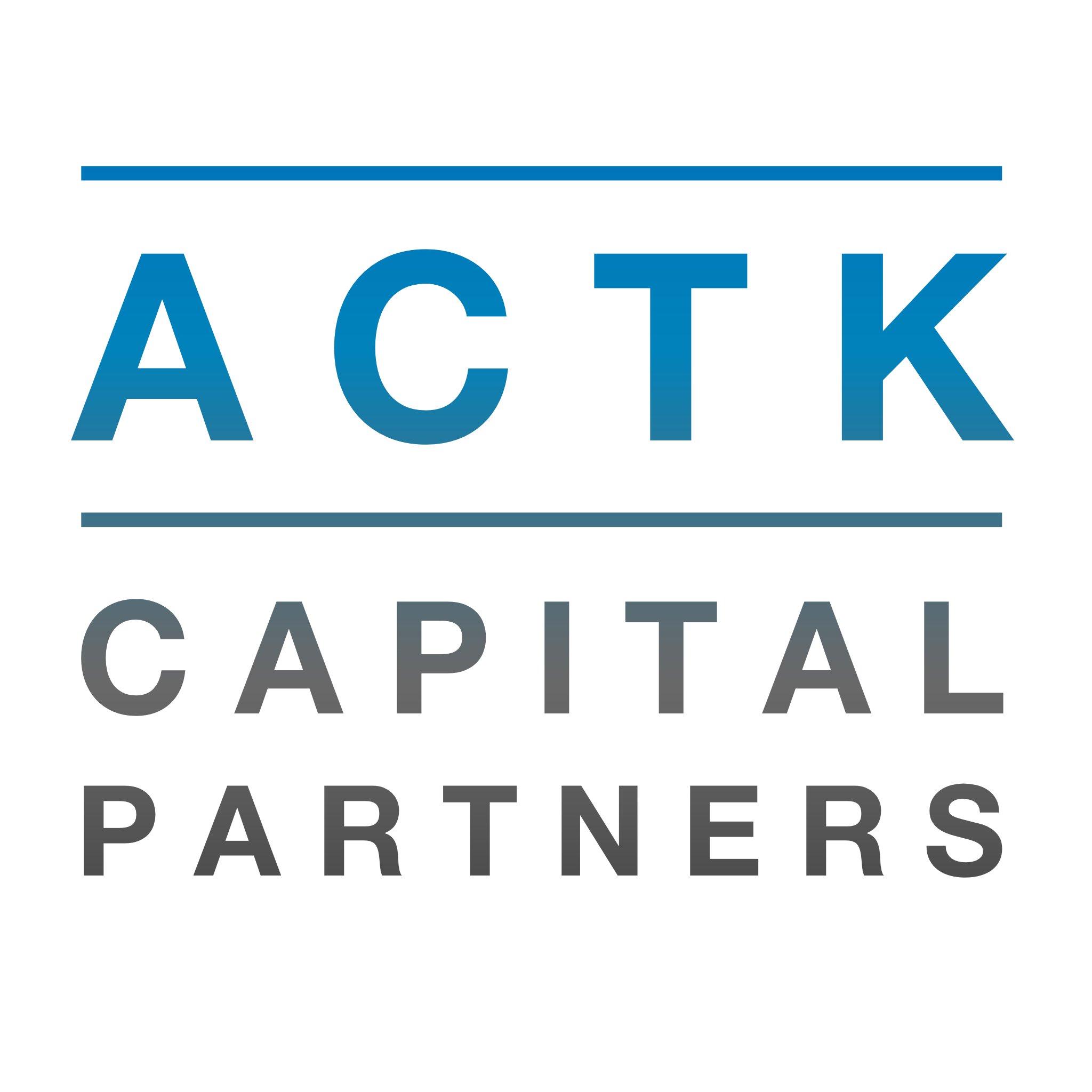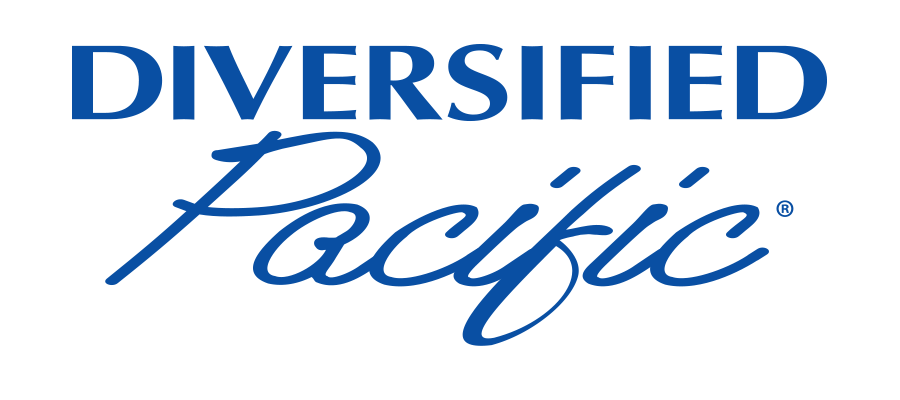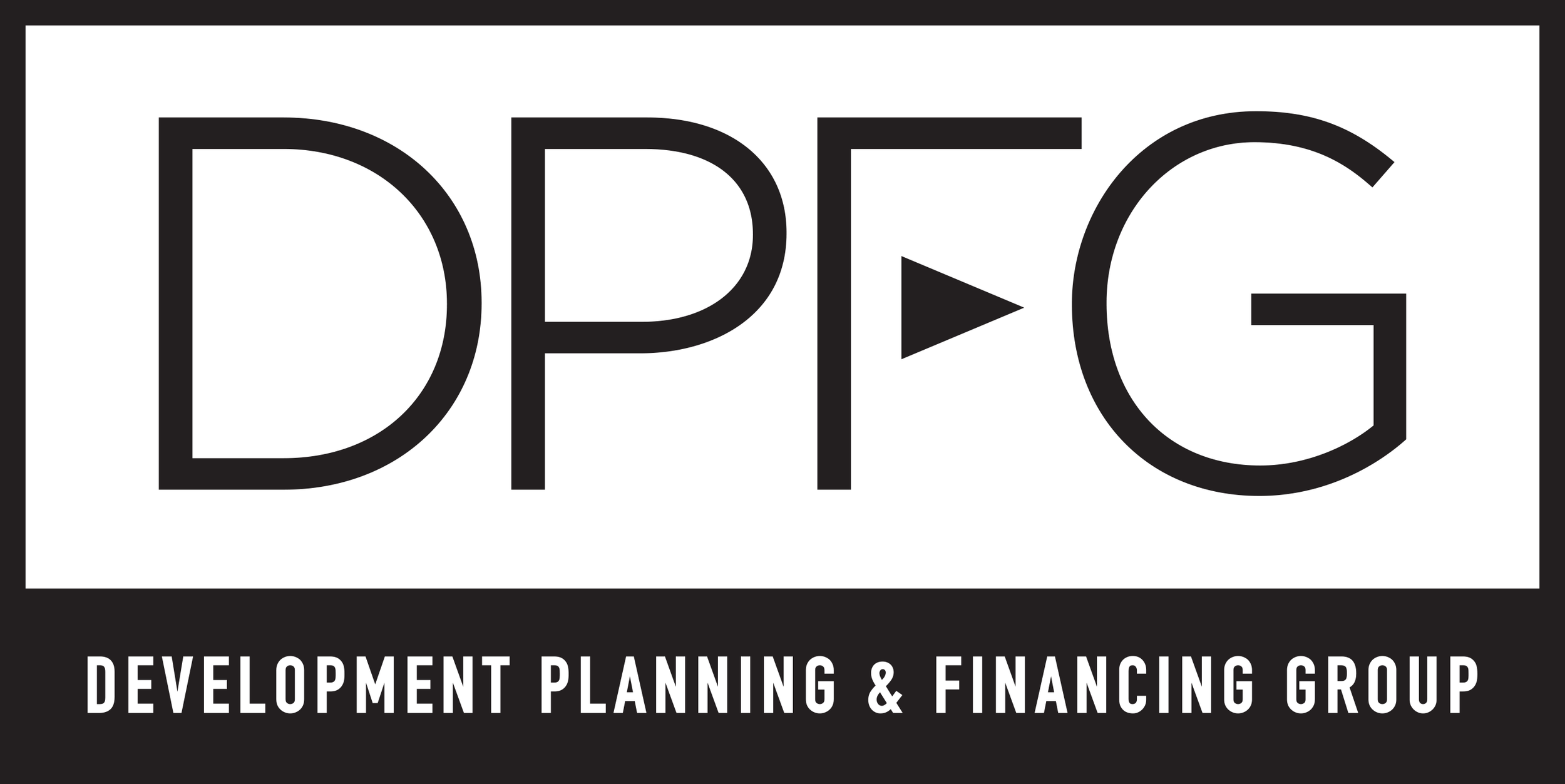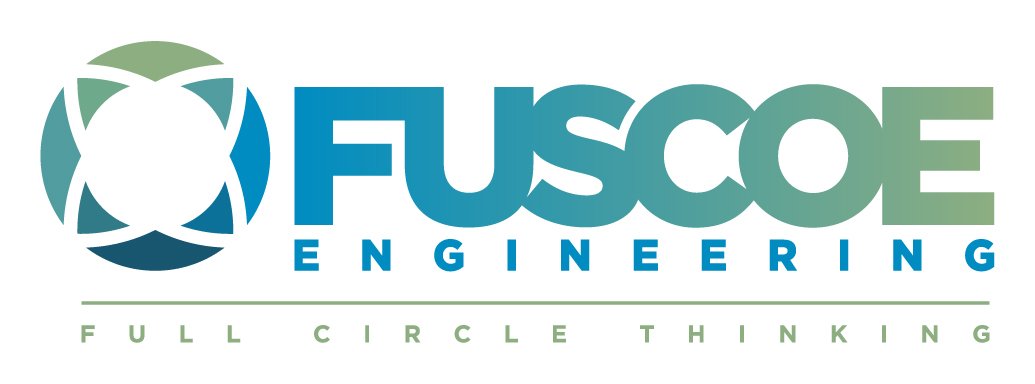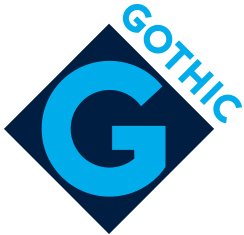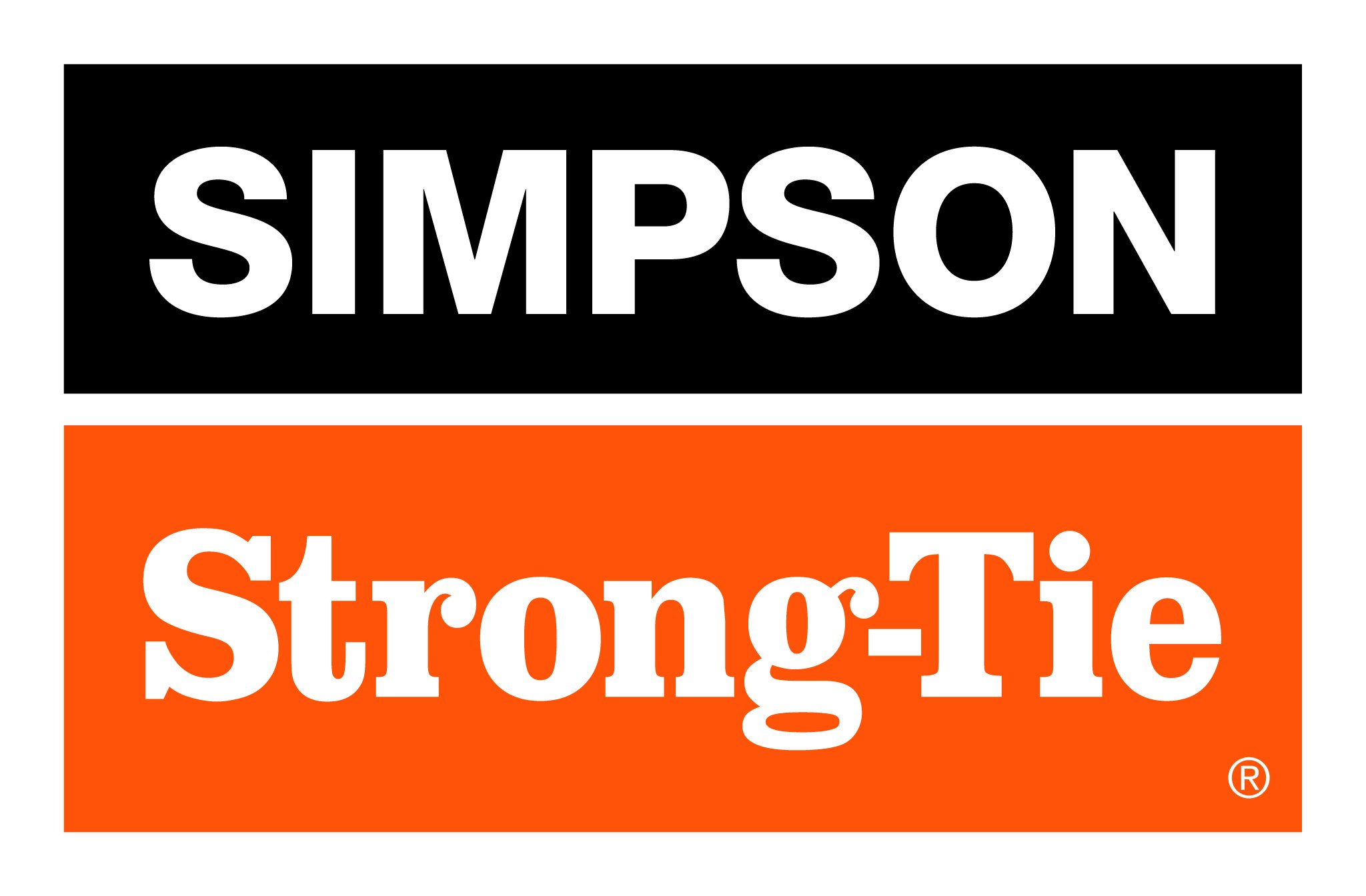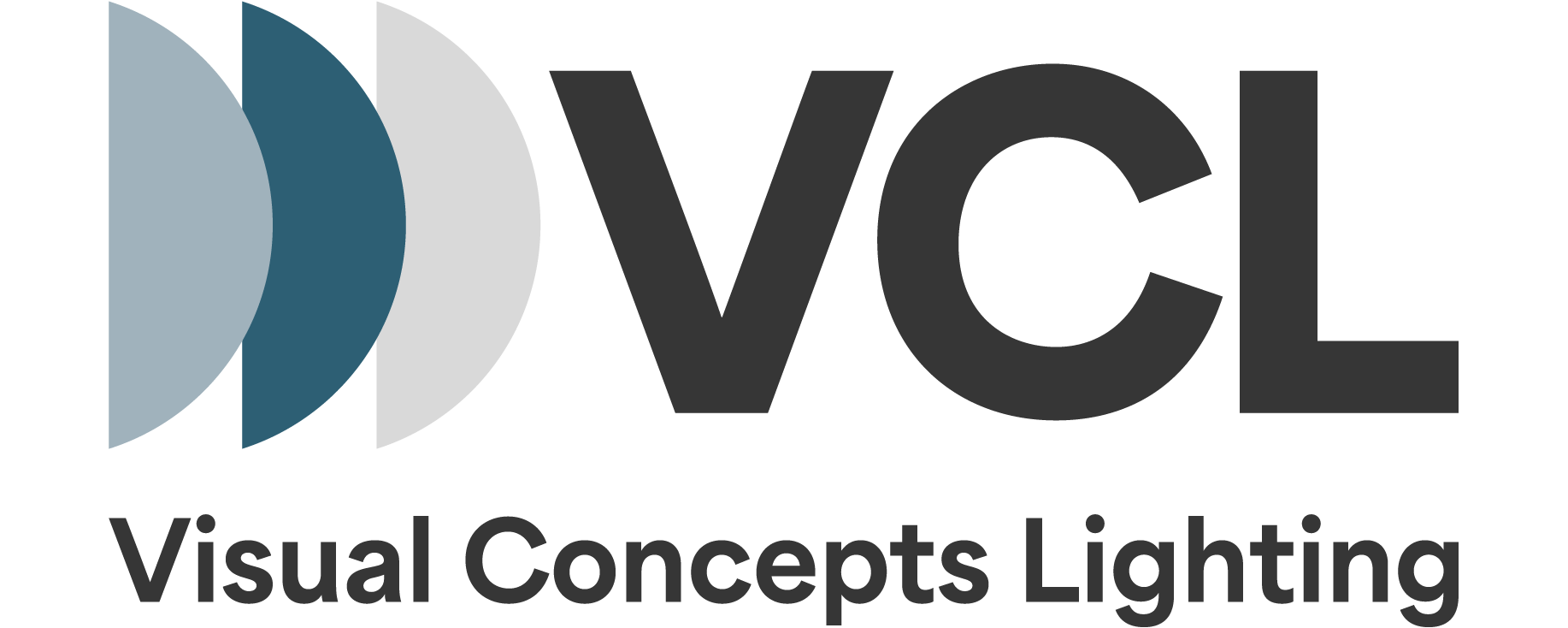Photo by Cytonn Photography on Unsplash
by Phillip B. Burum, Executive Vice President, Diversified Pacific,
President, Building Industry Association (BIA) Baldy View Chapter
Because the home is for most Americans the biggest and best investment they will ever make, home buyers must be familiar with every step of the buying and lending process to navigate a successful home purchase – especially at the closing.
‘Closing’ is the commonly-used term to describe the settlement process which is the final phase of purchasing a home. This is the point where ownership of a property passes from seller to buyer and involves a great deal of documentation - much of which is written in a language that may be foreign to most Americans.
Prior to moving to California to work in the real estate development and homebuilding business, my elder brother sent me a few books on real estate brokerage. The books were intended to help me learn the language of real estate. I spent the next several months learning about prescriptive rights, servient tenants, clouded title, lien priority and hundreds of other general terms that are exclusively used in real estate law. It was a mind-numbing but necessary process. That ‘education’ is not something that happens in the lives of most Americans.
Fortunately for today’s homebuyers, new rules have been introduced over the past several years to simplify the loan application process to make it easier for consumers to understand the process. These new regulations require that the most relevant details of a prospective loan are clearly spelled out. The interest rate, the amount of the monthly payments and a detailed listing of all the closing costs for example are all fairly discernable by even those completely new to purchasing a home. To compliment your education, however, an invaluable resource for home shoppers to help navigate this process is www.consumerfinance.gov/know-before-you-owe on the web.
The buyer will have to understand a great many unfamiliar technical terms when closing. Below is intended as a brief, hopefully handy, glossary to help buyers better understand some of the basic costs and terms associated with the closing:
• Appraisal Fee – the cost to hire an independent appraiser that will estimate of the fair market value of the home to help both the lender and the buyer to determine if the sales price is consistent with the actual value. An appraiser inspects the house and the neighborhood and makes an estimate based on the price of comparable houses and other factors;
• Earnest Money - a deposit paid to a seller to show the buyers are serious about buying a house. If the home is purchased, the earnest money is applied to the down payment. If not, the earnest money is returned, minus expenses for processing. Buyers should be clear on the refund procedures before a deposit is made.
• Escrow Fees and Accounts - involve having a third party hold funds and/or documents until the buyer and the seller complete settlement.
• Points - A ‘Point’ is one percent on the loan amount. For example, if borrowing $50,000, one point equals $500.
• Recording Fee - Because title is changing hands, the transaction must be recorded with the appropriate jurisdiction. This fee covers those administrative costs.
• State and Local Transfer Taxes - Some jurisdictions levy taxes on the transfer of property or on real estate loans.
• Title Search and Insurance - A title search involves examining public records to see if anyone else has a claim to your property. A lender does not want to lend you money only to learn in the event of foreclosure that somebody other than you has a prior claim to the property.
If the home you are purchasing lies within a homeowners association (HOA), you will also need to review the governing documents of the community before the closing. These documents will dictate the terms of how you manage your privately-owned property, so it is worth understanding before you buy. This is not meant to discourage anyone from living within an HOA. Properly managed HOA’s will be a tremendous benefit for most homeowners but each individual should clearly understand their specific situation before the closing.
Purchasing a home is important and should be given the respect of proper research and review before closing. There are a plethora of tools and resources available to consumers today, use them. If you have trouble locating the proper information, check in with your local Building Industry Association office, we will be glad to point you in the right direction. The BIA Baldy View Chapter seeks to advance the opportunity to attain the American Dream of home ownership. For additional information on home buying or the benefits of homeownership, go to www.biabuild.com on the web.
*****
